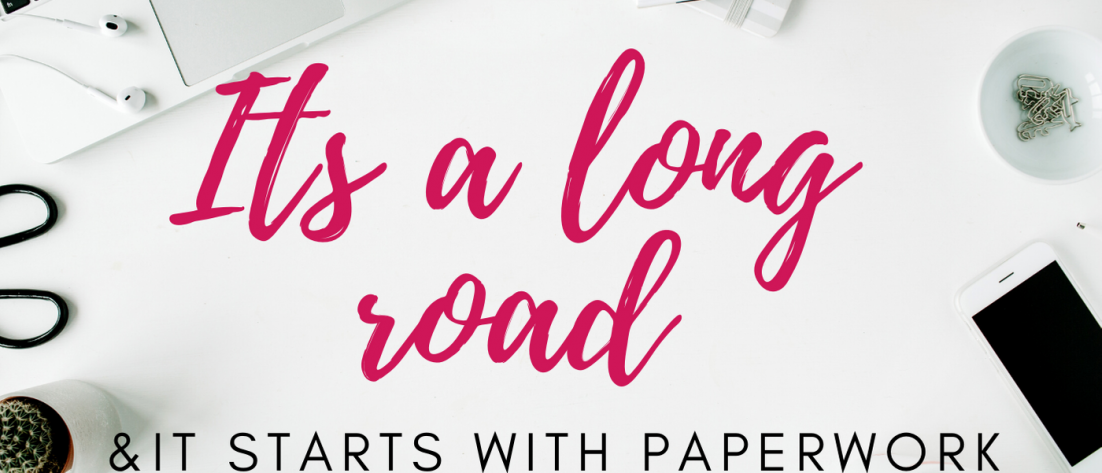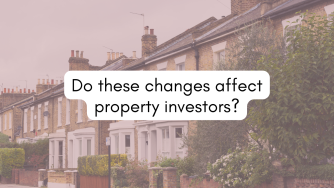This is part 2 of the 5 part series “How do I get started” blog, and I’m discussing how to prepare yourself for this long haul journey into real estate. I am truly surprised at how many conversations I have where people do not realise the importance attached to looking after your finances, bank statements and especially guarding your credit report with your life! Understandably, I had the same ideas initially when I didn’t fully understand the impact of 1 or 2 small missed payments here and there, but once I started to research, it became very apparent that everything starts with your credit file.
To get the real rewards of property investing, leverage is crucial. Not only do you get much better returns, you also are able to scale your property business much quicker. I daresay many of us could never afford to buy a property (at least definitely not in London) if not for the amazing power of leverage.
Leverage is where you borrow funds from a bank, institution or even private individual with a promise to pay back at some point in the future at an interest rate, usually somewhere between 1-5% with regular high street lenders, but can range upwards as you get to the more bespoke packages for more creative financing. For the vanilla deals, it is a great opportunity for you to get access to the cheapest form of lending out there especially when compared to regular loans or worst still credit card loans which can range into double digit percentages.
To access leverage, we are only required to do 2 things:
a) Demonstrate that we are credit worthy with good income and a responsible track record.
b) Demonstrate that we will be good custodians of this access and will ensure we service the loan through out the term we have it.

The ONLY WAY IS HISTORY
- Build up a history of managing debt (good debt)
How can a lender know you can be trusted? Only by checking out your credit report which contains your historical spending patterns and how you have serviced your debt obligations. Which brings me to people who don’t believe in owning “credit cards“, this means you also don’t believe in mortgages, because fundamentally even though you’re coming from a good place “i want to live within my means and not incur any debt”, how will any lender know or confirm that you CAN handle debt. You need a track record to show you can handle £5,000 worth of debt before you can be entrusted with £50k or £500k worth of debt.
You need to demonstrate being faithful in little for more access
2. Monitor your spending pattern
As part of the assessment for both residential and buy to let mortgages (more so for residential) the lenders take a critical look at your bank statements and essential and non essential outgoings and will make a judgement on whether you can keep up with the monthly payments. Even if you are earning an amount that would normally qualify you for the loan amount, they will also check this against your debt and outgoings to make sure your of your affordability based on your outgoings. Depending on your income, there can sometimes be unintended consequences for regularly spending on non essential niceties or luxury items which end up causing your affordability calculations to fail to meet the recommended net amount required by Lenders. The higher your debt-income ratio is the lower your chances are of getting the mortgage.
3. Try not to change your current ADDRESS OR JOB!
Any changes in these 2 items is likely to cause a delay to any mortgage application with most lenders for another 3-6 months depending on which lender you’re applying through. It is crucial (as best as you can) that you do not make any drastic life changes just leading up to making any application as these can impact your ability to raise a mortgage. Keeping your name on the Electoral register for a longer duration indicates stability and lenders look on this more favourably. If you do move, then make sure you get your name on your new electoral register asap. It also applies to people looking to change jobs or transition full time into property investing or a business. This means you will need to pick the best time to apply either just before you embark on a long project that will require a 3 month lead time or right after you have completed a project and will not be getting started on a new project for another couple of months. Check with your Mortgage advisor or Broker and confirm if you will be making any choices that will impact your ability to raise funding.
For those looking to transition out of full time employment to property investing full time, and will be seeking to get BTL mortgages, do ensure you have a track record of at least 1 to 2 years of independently earning over £25-30k which is visible on your HMRC Self assessment. Preferably not only from rental income as some lenders will not accept ONLY rental income as your sole source of income. Again, speak to your broker as there are lenders who will lend but they might have additional requirements, so it is best to get very clear on this before you quit your full time employment,
4. Check your Credit Score & Report
Final and probably the most important thing to do, is to check out your credit report and credit score, there are now lots of free tools like clearscore.com etc that you can check and ensure your report doesn’t have any incorrect information about your previous or past financial activities. You should try to fix anything on the report by calling up the bill provider and working with them to rectify the issues. if you have any missed payments or outstanding bills, then please speak to a financial adviser or your broker about what to do next and the best way to clear these up and get your file prepared to be credit worthy. Don’t just start paying off any outstanding bills until you have spoken to each provider and mapped out a strategy and timeline for when you will be able to clear up your report and then be in a position to start the mortgage application process.
For people planning to build up a property portfolio, then it is crucial you sign up to Equifax or CreditExpert, so you have regular alerts and access to your file so you can be on top of any changes. It costs about £14.99/month and is vital if you are planning to be in the property game long term. Also, it is important not to take out any large loans or credit agreements leading up to you applying for a mortgage as it also impacts your credit score which again impacts on the number of lenders you have access to.
To help, I created a checklist with all the items you need to sign up for it and I’ll forward to you, just complete the form below.
As always, I aim to keep property as simple to grasp but with good useful information, so do feel free to message me for any questions or if you want to find out more information about this post. Do seek out specialist advise for any investments you make that takes your personal circumstances into consideration.
Disclosure: This information is provided to you as a resource for informational purposes only. It is being presented without special consideration of your investment objectives, financial circumstances or risk tolerance of any specific investor and might not be suitable for your investment. Investing involves risk including the potential loss of the principal capital. This information is not intended to, and should not, form a primary or single basis for any investment decision you make. It is good practice to always consult your own legal, tax or investment advisor before making any investment, financial planning and tax considerations or decisions.







